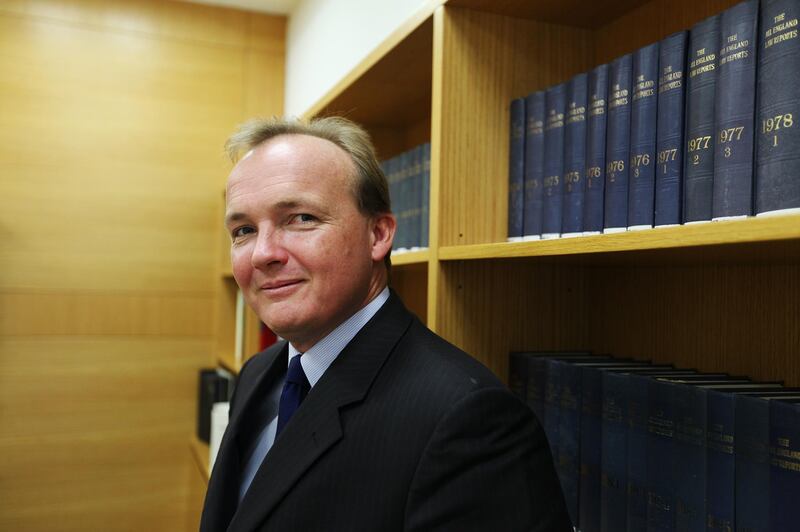When the world’s first 3D printed building, the "Office of the Future", opened its doors in May 2016, it was rightly heralded as a watershed moment for the architecture and construction industries.
Built in the shadow of Dubai’s Emirates Towers, using innovative materials and techniques developed in the UAE and United States, it was a bold leap forward in people’s understanding of 3D printing’s full possibilities.
The Office of the Future was also a catalyst for new thinking about commercial rules, regulations and disputes of the future. If you are building something that has never been attempted before, what rules and regulations should apply? Are the necessary laws in place to allow secure innovation? How do you resolve disputes in the global 3D printing technology supply chain? The same goes for all the emerging technologies of recent years, from autonomous cars and drones through to artificial intelligence and blockchain.
When something truly innovative hits the market, new legal questions around liability and applicable laws and regulations are posed. In response, regulators and policymakers set to work to ensure the necessary legal framework is in place to protect both people and businesses. Finally, court systems step in to resolve new types of cases and disputes.
In an era of significant technological disruption, this process becomes ever faster and more dynamic. This prompted the DIFC Courts, together with the Dubai Future Foundation, to think ahead. If new technologies are creating challenges for regulators, what will the impact be on the court systems that will resolve the commercial disputes that inevitably arise?
Moreover, just as the UAE is a true leader in adopting innovations such as 3D printing, is there an opportunity to ensure that the country also remains at the forefront of commercial justice in the years and decades ahead?
____________
Read more:
DIFC Courts launches new technical and construction disputes court
DIFC Courts cases valued at Dh7.5 billion in six months
____________
As a result, the DIFC Courts and Dubai Future Foundation have established the Courts of the Future Forum, an initiative that brings together international legal, technology and business experts to first understand the full legal implications of rapid technological change and then prototype future commercial court that can operate anywhere in the world.
So the obvious question is: what will the courts of the future look like? We can already say with some certainty that technology will enable them to bridge barriers of language, borders, jurisdiction and currency. But the honest answer is that we don’t know, which is why we have launched an unprecedented global consultation to help us find the answer.
To begin the process, the Courts of the Future Forum has developed an initial set of Founding Principles, effectively a draft set of rules to underpin a globally connected commercial court 20, 30 or even 40 years from now. Called "Part 40,000" rules - because 40,000 km/h is the speed required to break free from the atmosphere - the principles strike a bold trajectory to break free from the conventional commercial court thinking.
Launched alongside the recent World Economic Forum Annual Meeting of the Global Future Councils in Dubai, anyone, anywhere with an interest in commercial justice can participate in the Part 40,000 consultation through an open-source platform until January 15, 2018. We have invited contributions from the chief justices of the world’s leading commercial courts, and look forward to understanding the different viewpoints of experts from across the world.
We are at the beginning of an ambitious process to shape the future of commercial justice and provide "techpreneurs" and businesses with secure innovation and legal certainty in an era of rapid technological change.
It is a big job and we do not expect to have all the answers come February, when the Courts of the Future Forum will next meet, but we do believe it is the right time to start asking the big questions.
Mark Beer is the co-chief executive and registrar general of the DIFC Courts






